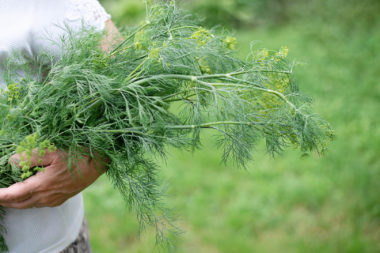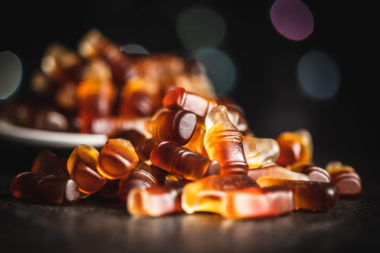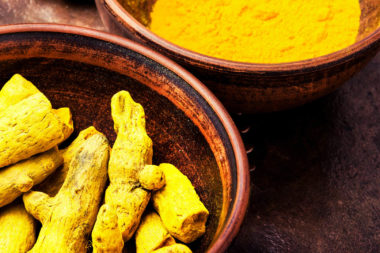

Selenium
Briefly about Selenium
- Important antioxidant that protects cells from oxidative stress.
- Important for a well-functioning immune system.
- Enhances the function of vitamin C.
Learn more about Selenium
espite higher doses of selenium being almost as toxic as arsenic, it is absolutely essential for several of the body’s enzymes to function properly.
Selenium is irreplaceable for several of the body’s antioxidant enzymes. For instance, selenium is involved in an important enzyme that, together with glutathione, protects cells from oxidative stress. Glutathione is considered one of our cells’ most powerful endogenous antioxidants, but selenium is required for this process to function effectively.
What is Selenium good for?
Selenium functions as an antioxidant and interacts with vitamin E. Selenium and vitamin E are considered allies and are often taken together as supplements. Selenium enhances the effectiveness of vitamin C by facilitating its “recycling” process. It is crucial for a strong immune system as it helps neutralize free radicals, stimulates antibody production, and supports the function of T-cells. Selenium also provides protection against cancer and cardiovascular diseases.
Selenium plays a vital role in regulating thyroid hormones through selenium-dependent enzymes, which have an impact on muscles, brain function, heart health, and digestion. It also aids in the elimination of heavy metals such as arsenic, cadmium, and mercury. Temporary therapeutic doses of selenium can be administered for detoxification under medical supervision. Selenium is primarily stored in red blood cells, the thyroid gland, liver, kidneys, pancreas, heart, and muscles.
What can a lack of Selenium mean?
A deficiency of selenium can result in a weakened immune system. Severe selenium deficiency can lead to heart muscle abnormalities. Selenium deficiency also increases the risk of cancer, cardiovascular diseases, heavy metal toxicity, liver toxicity, muscle degeneration, and premature aging.
How do we get Selenium?
We primarily obtain selenium from organ meats, fish, milk, cheese, and imported plants. Swedish soils have extremely low selenium content, resulting in crops containing negligible amounts of selenium. Blood selenium levels in Nordic countries are about half as high as in the United States. Furthermore, refining and cooking processes can also destroy selenium content in food. Smokers, alcoholics, vegetarians, older individuals, teenagers, pregnant and lactating mothers are at risk of selenium deficiency.
In Sweden, selenium supplementation is important to prevent deficiency, especially for those who consume mostly domestic crops. Animal products may contain selenium as animal feed is enriched with selenium supplements. It is advisable to take selenium supplements that contain organic selenium, such as selenium methionine, which has better absorption and is less toxic than inorganic selenium.
The daily dose of selenium through supplementation should not exceed 300 μg. Temporary high therapeutic doses can be administered for heavy metal detoxification, always under medical supervision.


























